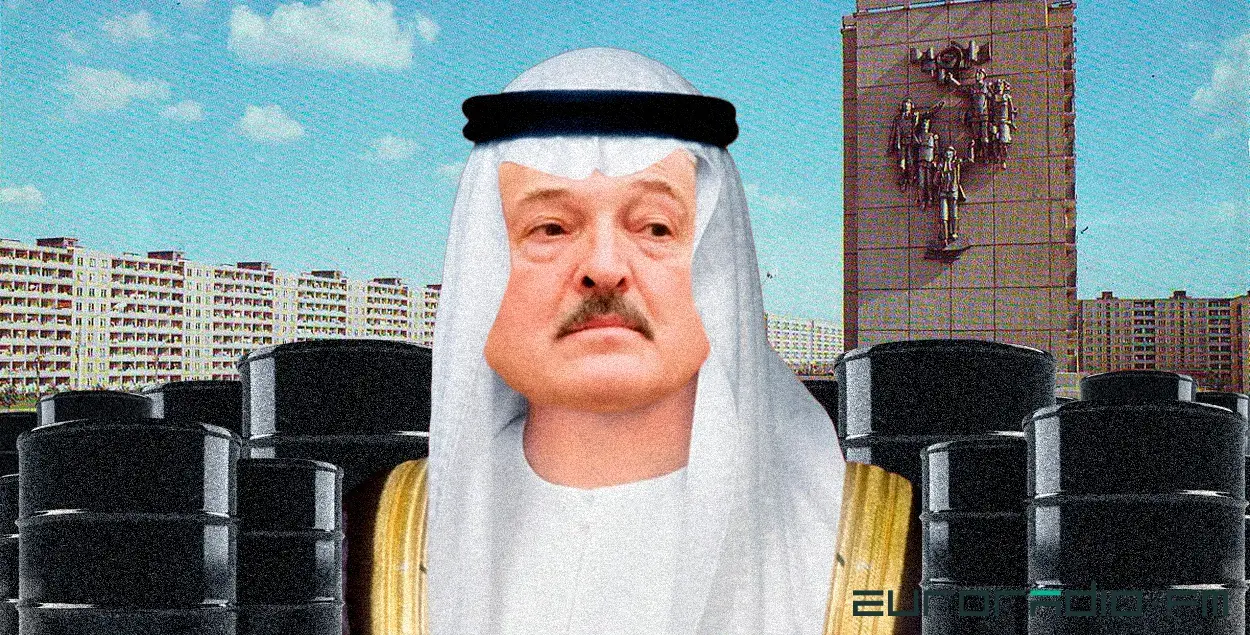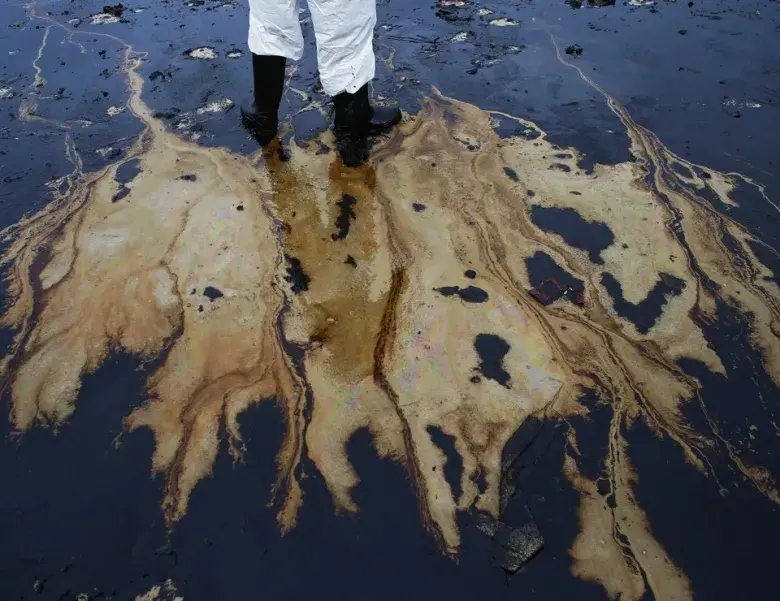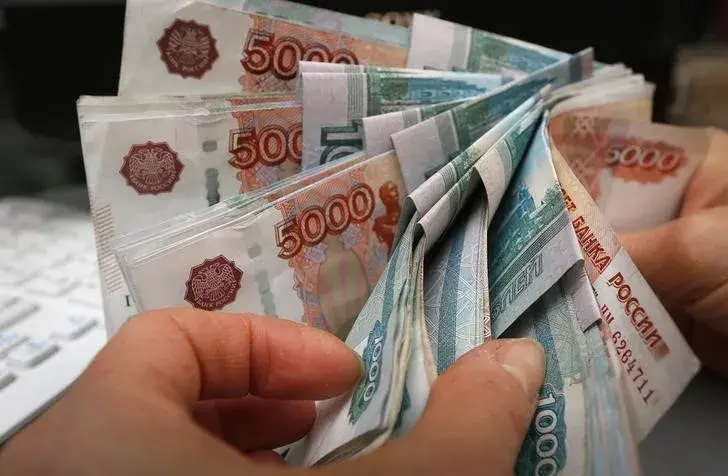Budget hole looming as Belarus authorities count on oil at $80

Revenues from oil refining will decrease / collage by Ulad Rubanau, Euroradio
Based on the Finance Ministry's plans that oil will cost 80 dollars per barrel, the budget deficit in 2023 may be higher than the planned 3 billion 174 million rubles.
Will Belarus have to borrow more money to cover the holes? In 2023 the national debt of Belarus will hardly decrease, although money has been allocated for its repayment.
Euroradio asked experts how this would affect the lives of Belarusians.
"In addition to economic factors, there are political and military ones"
According to the Ministry of Finance, the 2023 budget is based on an average oil price of 80 dollars per barrel. In January, however, the price of Russian Urals oil was only $49.48 per barrel.

If the oil price is lower, the Belarusian budget will lose money for several reasons. One of them is that the compensation for the tax maneuver agreed upon by Lukashenka and Putin will also decrease.
"In 2023, the treaty between Belarus and Russia on common principles of indirect taxation will come into force," says BEROC researcher Aleg Mazol. "According to this agreement, Belarus will receive monthly transfers from the Russian budget based on the volume of oil refining at 1.5 million tons per month. If we consider the consequences of the decline in the price of Urals oil on the world markets from $80 to $40, the loss of transfers from Russia to the Belarusian budget will amount to $0.4 billion in 2023".
There are also indirect losses. If the cost of oil and compensations decreases, the margin of oil refining will also decrease.
"The impact on the budget in this case is determined by taxes paid on revenues from the export of oil products, as well as dividends transferred from the profits of Belarusian refineries and oil traders. "Quantitative parameters of possible budget losses are difficult to predict, especially in view of the imposed and future sanctions against the Putin and Lukashenka regimes," Aleg Mazol continues.
But the numbers are significant, says Uladzimir Kavalkin, head of the "Kosht Urada" project:
"The ability to reduce costs through discounts from Russia and increase margins in oil refining greatly affects the profitability of the Belarusian budget.
It's hard to say what the Russian oil prices will be. But the scenario is unlikely to be favorable for Belarus".
"Apart from economic factors, such as the supply and demand of oil in the world, political and military factors play a role," says Kavalkin. "First of all, there is Russia's war against Ukraine and the oil price ceiling set for Russia in the European Union. The average annual oil price of $80 is unlikely to be maintained, including the ceiling. Therefore, the parameters set in the budget are hardly feasible".
If budget revenues fall short, it will be necessary to either cut spending or take out new loans.
"This is systematically destroying the development prospects of Belarus".

When it comes to debt, the figures in the 2023 budget aren't really promising either. The document of the Ministry of Finance says that it is planned to spend 12 billion rubles to repay debts, and about 4.1 billion rubles to service them. And the authorities will take out new loans for 10.7 billion rubles.
"Of the 10.7 billion rubles, 86.5 percent will go to paying off old debts. And only 13.5 percent will go to the implementation of investment projects. In fact, the state is taking out new loans to pay off old debts. On the one hand, this somewhat reduces the growth rate of the total debt burden on the economy, but on the other hand, it significantly reduces the possibility of financing economic growth. For the citizens of Belarus, it means a further reduction of proper employment opportunities and overall growth prospects of the Belarusian economy," says Mazol.
New loans will most likely come from Russia.
"These are not economic questions, but political ones. No one is going to lend money to Lukashenka's regime for economic reasons. We have to live on some support from Russia and pretend that the debts are being paid," says Uladzimir Kavalkin.
"And then there is the state debt service like, for example, the payment of interest and fees to banks. This amounts to almost 4.1 billion rubles.
"This is almost as much as authorities plan to spend on science, innovative development, culture, education and health care together -- 4.7 billion roubles in 2023. This comparison makes it possible to estimate how much the debt burden and the regime's inability to repay debts on time will cost Belarus. The regime, which is trying to stay in power at all costs, is systematically destroying Belarus' development prospects. The longer this goes on, the greater the damage to the country's future will be," Aleg Mazol concludes.



















